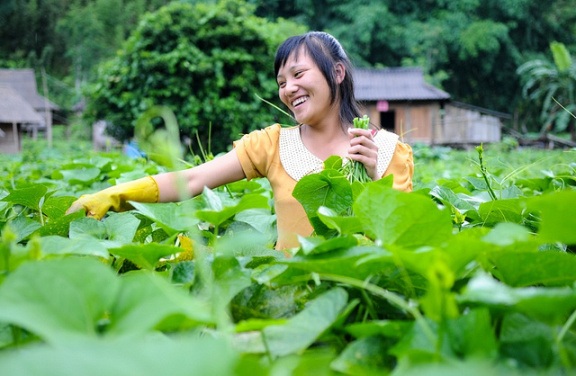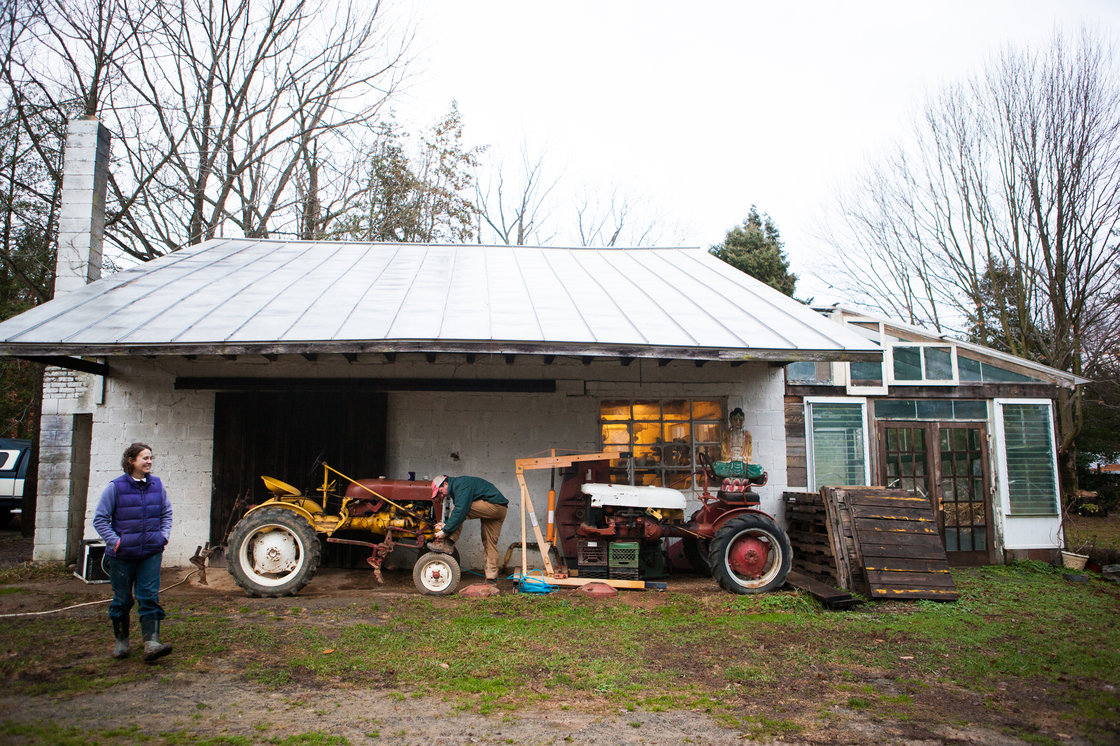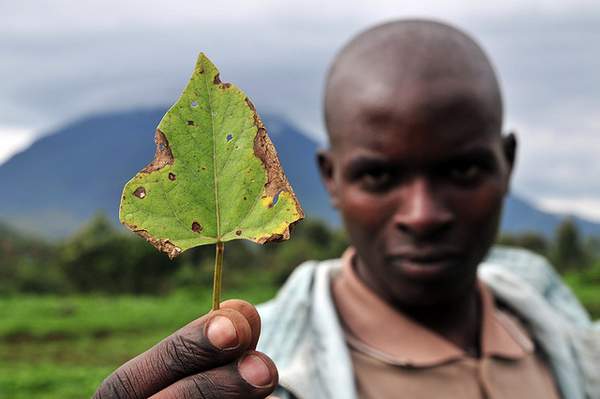Highlights
WCA2014 provides a platform to showcase projects of people scientists, farmers, communities, governments, universities and their students, private individuals and companies who are working on great agroforestry. WCA2014 blog will publish your blogpost and a picture in vast social media network, using over 100 social reporting volunteers and your blogpost will enter into WCA blog competition. Every blogpost will automatically be entered into an online competition: The online public will be able to vote for your blogpost which will depend on WHAT you write about, and HOW you present it.
The five most popular blogposts will be announced at the upcoming World Congress on Agroforestry, and their authors will receive a certificate and a signed copy of The Trees for Life, a new book to launched at the Congress.
 Young people like Nga Ha bundle chayote for money to buy school books in Tan Lac District Vietnam as part of SADU project. Photo by Georgina Smith/CIAT.
Young people like Nga Ha bundle chayote for money to buy school books in Tan Lac District Vietnam as part of SADU project. Photo by Georgina Smith/CIAT.
Are you:
Across the country, there's a wave of interest in local food. And a new generation of young farmers is trying to grow it.Many of these farmers many of whom didn't grow up on farms would like to stay close to cities. After all, that's where the demand for local food is.The problem is, that's where land is most expensive. So young farmers looking for affordable land are forced to get creative.


One of the most frequent criticisms leveled against the sustainable agriculture movement is that its proponents want to send farmers back to 19th-century hard labor, with hand weeding and harvesting. Heres an incredibly cool group of eco-minded farmer-scientists who arent in the least afraid of technology and in fact believe in creating industrial processes that are fully in harmony with ecologically responsible living.
The Geo-Wiki Project is a global network of volunteers who wish to help improve the quality of global land cover maps. Since large differences occur between existing global land cover maps, current ecosystem and land-use science lacks crucial accurate data (e.g. to determine the potential of additional agricultural land available to grow crops in Africa). Volunteers are asked to review hotspot maps of global land cover disagreement and determine, based on what they actually see in Google Earth and their local knowledge, if the land cover maps are correct or incorrect. Their input is recorded in a database, along with uploaded photos, to be used in the future for the creation of a new and improved global land cover map.
Cropland Capture, a new game version of IIASA's long-running GeoWiki project, engages citizen scientists in global land cover research, helping researchers identify farmland around the world. These data are essential for understanding global food security, identifying yield gaps, and monitoring crops affected by droughts.
The World Association of Young Scientists (WAYS) is planning to launch a Latin American network in April 2014 , it was revealed at the World Science Forum, in Rio de Janeiro, Brazil on 27 November. WAYS is a collaborative community launched by UNESCO (the UN Educational, Scientific and Cultural Organization) in 2004, to be a support network for young scientists worldwide. The organization helps junior scientists promote their work, share information and look for job opportunities.
Several issues were identified in Latin America, said Marga Gual, cell biologist and coordinator of the project. One of them is the lack of communication between young scientists, who sometimes dont know that others exist, or dont know that some of what they are doing is being done by someone else, according to Gual.

Ten young agricultural professionals chosen from 150 applicants from 52 countries and a pressing issue: growing the role of youth in agriculture. From Facebook for farming to handbags with a social conscience to rebuilding landscapes in the wake of war, these are only some examples of the boundless imagination of these youth in pioneering successful agricultural initiatives.
第 62 页 共 110 页


